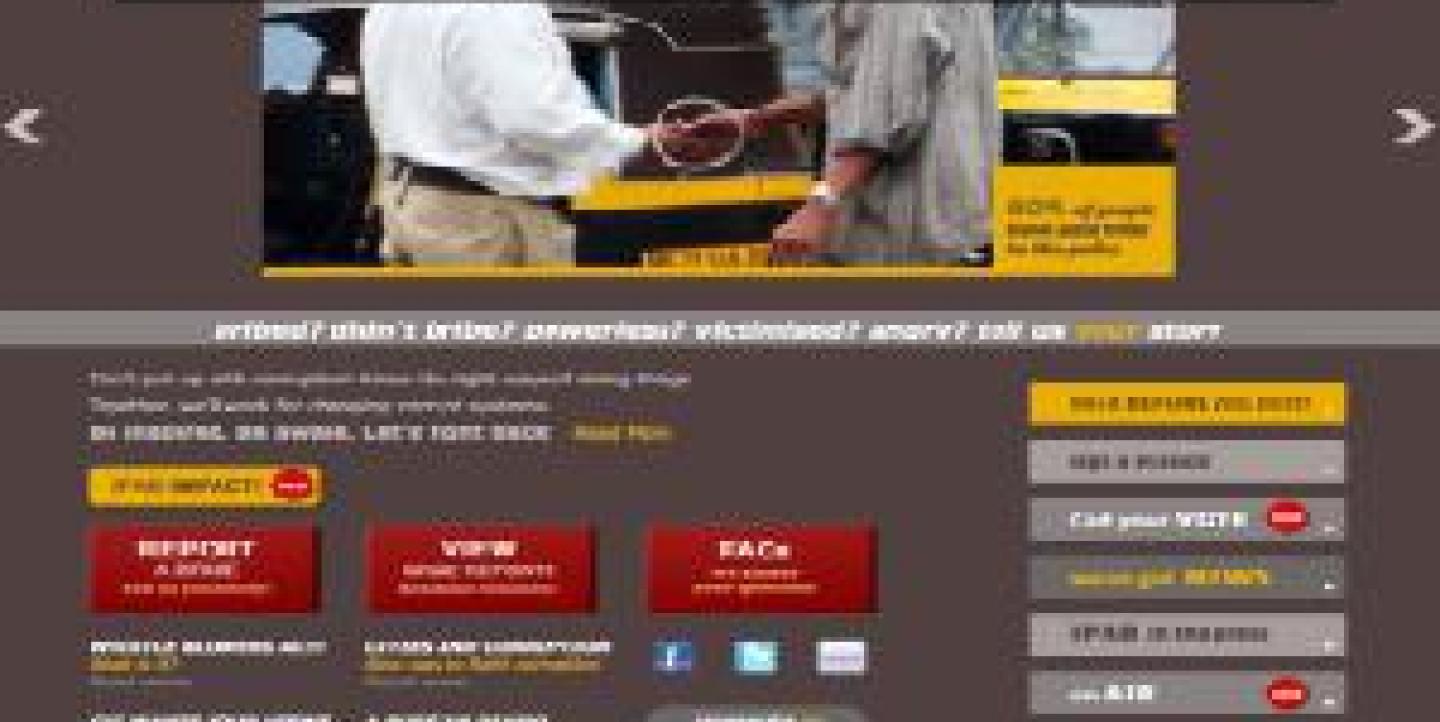Part 1 of this interview with IPAB creator T.R. Raghunandan explored how the new I Paid a Bribe (IPAB) site tracks corruption online in an attempt to improve Indian communities.
How can citizens mobilize and use this information to combat corruption in their communities? How does IPAB use this information?
In regard to citizens, they have to realize that they have on their side the power of numbers, and the power of information. The utmost priority is to improve the confidence of citizens to fight back. If citizens can mobilize their strength individually and collectively, then many kinds of corruption can rapidly decline.
We have a few simple tips, gleaned from the experiences of those who have successfully resisted corruption, as to how to avoid a bribe-taking situation.
-
Do your homework before you approach a government office for anything. For example, go to the website of the department concerned, and spend a little time understanding the rules and regulations. If the department has FAQs, please read them thoroughly. If the department has a citizen’s charter under which they commit to complete a particular job within a specific time, then carry this with you when you visit their office, to confront bribe takers with it.
-
Do not set out to do something illegal. For instance, if you are buying a property, or a flat, it is better to buy it with money paid by check. Again, when you venture out in your vehicle, carry all the papers with you.
- Do not go to middlemen. Avoid them.
Why is it important to empower citizens to fight corruption?
There are three reasons why citizens must fight corruption.
First, corruption is the most important cause of the terribly bad public services that we endure. The fact that we do not get proper electricity or water supply, our properties have no protection, our streets are not safe, our police are so inefficient, our courts are slow, our buses and autos don't run, our roads are terrible, can be traced back to corruption. These public services are our entitlements. These are not favors dispensed from above.
Second, corruption has a huge economic cost. First, where there is corruption, it makes legitimate transactions difficult. Second, it perpetuates misgovernance, by destroying any incentive for the government to reduce red tape. Slow and convoluted processes are a brake on economic growth. If we combat corruption, our lives will become a lot easier and prosperity will grow.
Third, corruption erodes legitimate values, because it unjustifiably makes people wealthy who do not add any economic value to the system. This sends the wrong message to citizens, that anything goes and that the ends justify the means, however illegal. This weakens civilized society. Corruption thus creates a system where distrust pervades our everyday life; where we are suspicious of our government and it is suspicious of us in turn. And of course, we distrust each other!
In the long term, corruption causes serious damage to the governance of the country and thus affects everybody, including the person who thinks he did a smart thing by paying a bribe. Ultimately, nobody in the country can escape from the damage that corruption causes. Misgovernance touches all of us.
What are the challenges and risks to this kind of citizen project?
I didn't feel that there were any risks or challenges to the program. I only saw opportunities. In fact, the only challenge was to get the design of the website right.
If you are worried about how such people's initiative will pan out in future, then any obstacle can be construed as a challenge. It is possible to paint a doomsday scenario about initiatives such as this. You might begin to wonder whether people might make false reports, for instance. But then, you also wonder as to what might be the incentive for them to report false stories! If one proceeds on the basic presumption of trusting people to do the right thing, then there are no risks, really.
I think the key thing is to ensure that such approaches do not deteriorate into becoming forums for purposeless rants and name calling. It is important not to become stridently vocal against any particular group of people. The focus must be on reform of systems, not on corrupt individuals, because if systems are streamlined, corrupt individuals will fade away.
Do you think this model could be used in other countries/on an international scale? What makes IPAB unique to India?
Well, we really haven't thought about that yet! When we launched IPAB, we had a limited objective of getting it off the ground here in India. But the basic idea, of getting people involved in a citizen's effort to reduce corruption, can be used elsewhere too! The key to success is to provide a basket of services, and to constantly evolve new strategies to use communication services optimally for creating a swarm like resistance to corruption!
Visit the site at http://ipaidabribe.com/.

